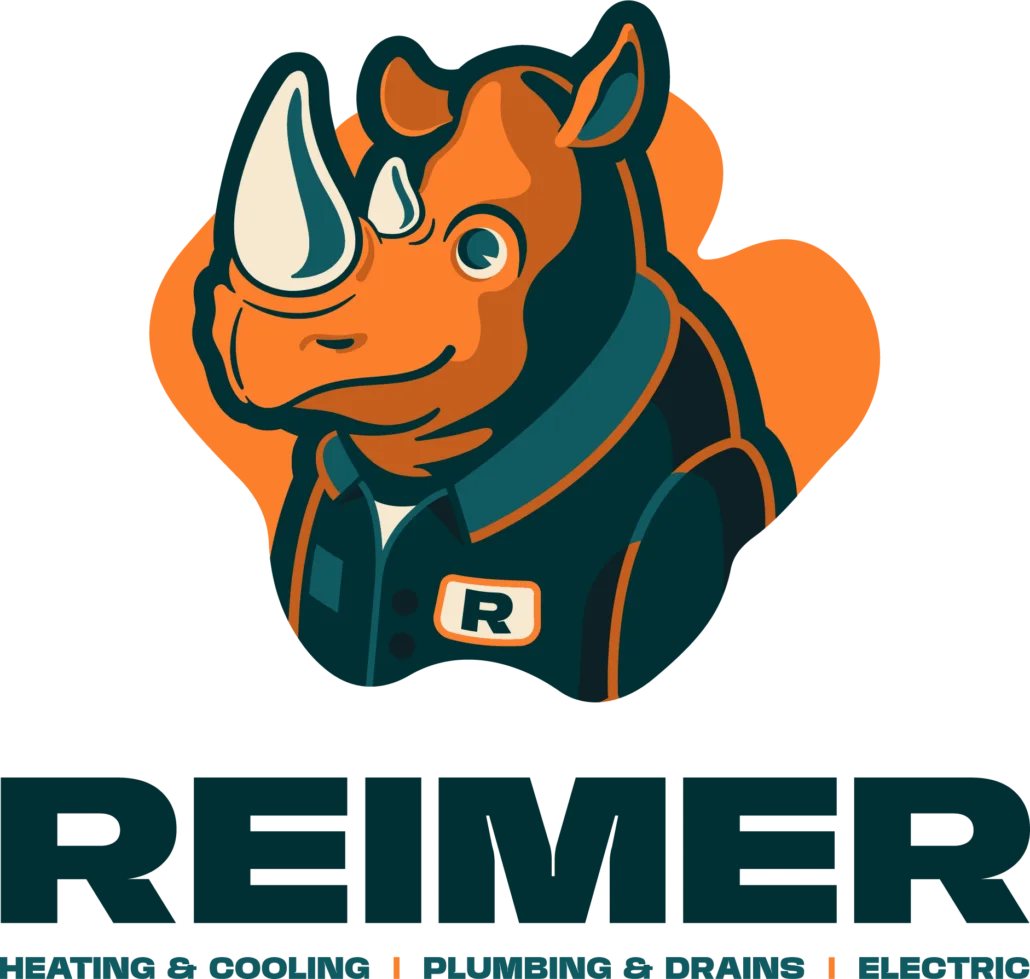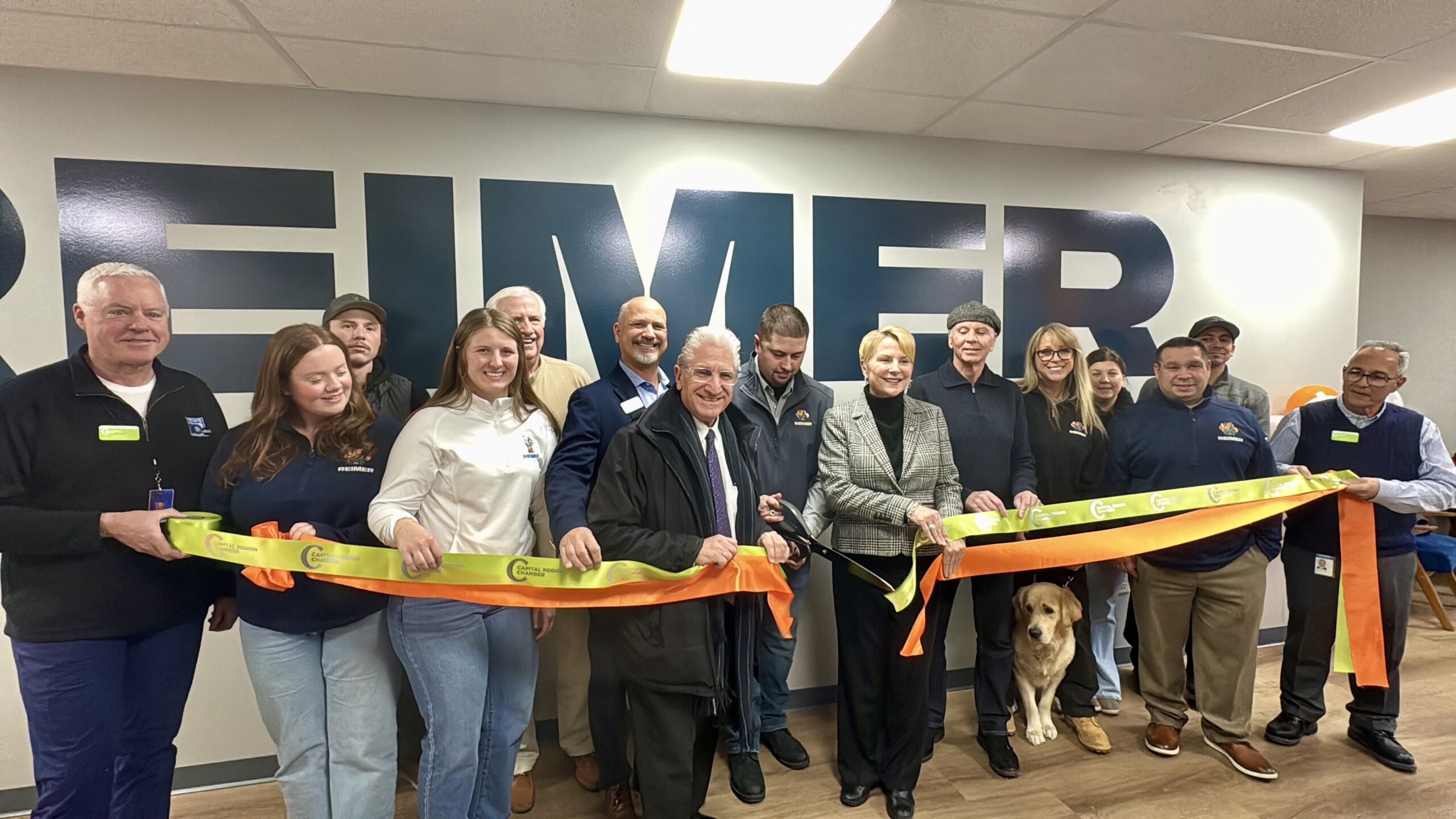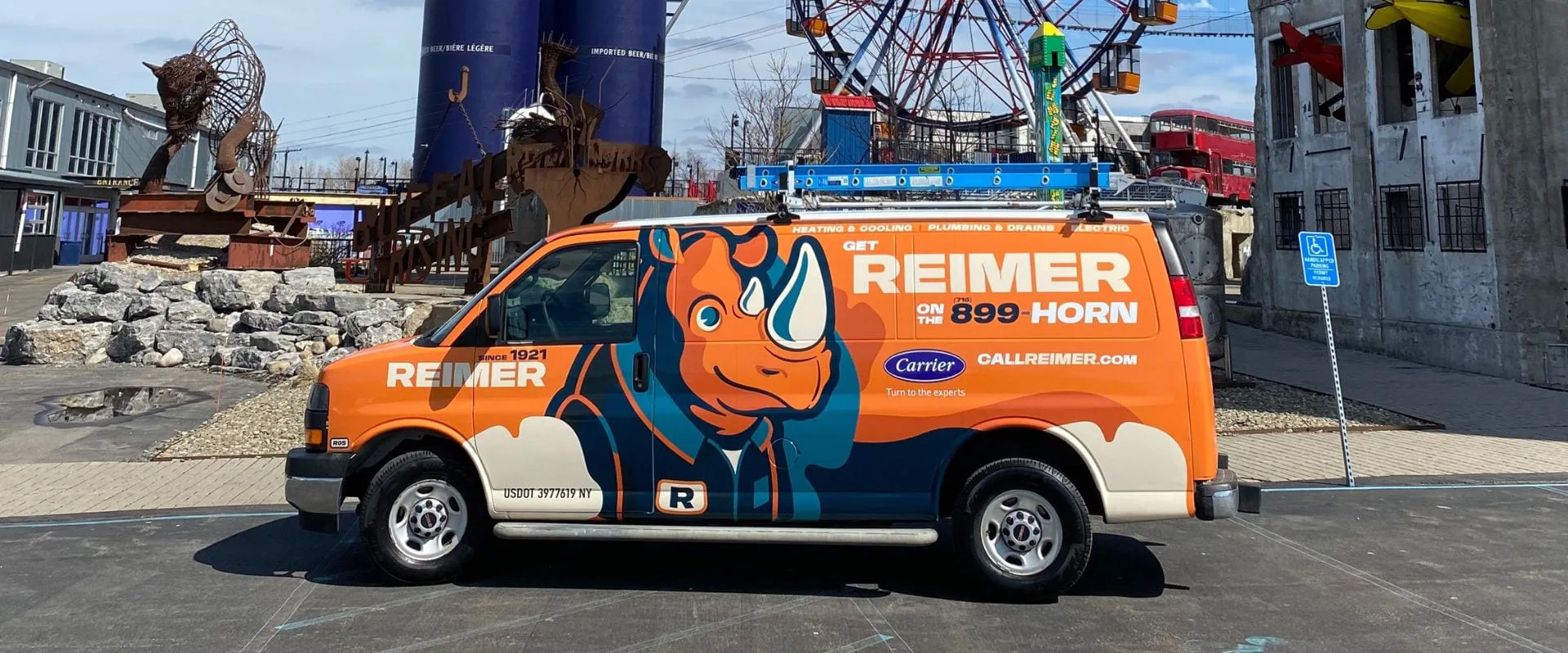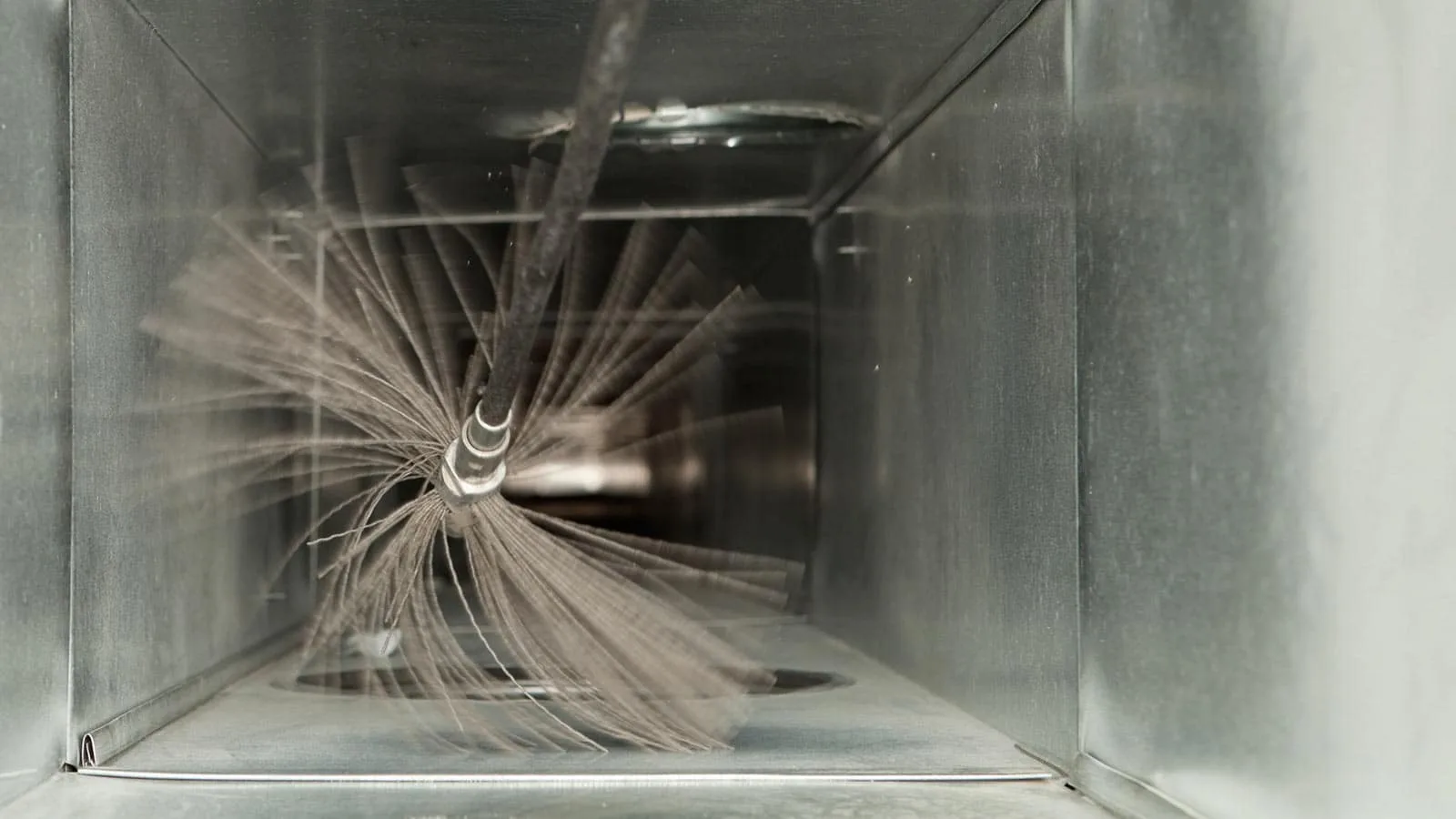Whenever you have to purchase something new for your home, it’s important to weigh your options. The same is true when it comes to your home’s water heater. While many people don’t realize it, there are several different kinds of water heaters and what’s right for you home, really is up to you. We are going to review the different types of water heaters in case you are in need of replacing yours, or are thinking about adding an additional one to your home.
Different Types of Water Heaters
As mentioned, when it comes to selecting a new or additional water heater for your home, you have options. While making sure you have the right sized water heater for your home is essential, also selecting a system that is right for your family and your home is key. Like all things, each type of water heater comes with pros and cons. From purchase costs to life expectancy, they can all have benefits, depending on what you are looking for. We review below.
Gas Storage Tank Water Heater
This type of water heater uses gas to heat your home’s water. Storage water heaters offer a reservoir of hot water that is ready to be used when needed. This type of water heater is the most popular in the United States. These units usually have a 10 to 15 year life expectancy and a lower purchase cost than other units; however, you can run out of hot water in the tank and it takes a while to heat more, and energy can be wasted keeping water hot that is not being used.
Electric Storage Tank Water Heater
Much like its gas counterpart, that we reviewed above, this type of water heater has a reservoir of heated water to be used when needed. As opposed to using gas to heat this unit, electricity is used in the form of electric heating elements. This type of unit has the same appeal as a gas storage water heater and the same cons, in addition, these types of heaters are typically more expensive to run than gas ones.
Tankless Water Heater
Tankless water heaters are sometimes called “on-demand” water heaters, meaning that water is heated as it is needed. When hot water is turned on, a heating element (usually a gas burner or sometimes an electric element) heats the water as it travels through the tank. Tankless water heaters take up a lot less space than standard water heaters. On average, tankless water heaters provide hot water at a rate of 2 to 5 gallons per minute, meaning that you are less likely to run out of hot water. Their life expectancy is longer than storage units, at around 20 years, they are more energy efficient, and provide a constant supply of hot water. The downfalls of these units are that they can take a longer time to heat water, and they typically can’t provide heated water to multiple sources at once.
Heat Pump Water Heater
Heat pump water heaters move heat from one place to another instead of generating heat directly for providing hot water, resulting in high efficiencies and significant cost savings. To put this simply, they work like refrigerators, but heat pump water heaters do the reverse, while a fridge expels hot air, they pull heat in from the air, which is then delivered to the unit’s storage tank. While energy efficient, they are not great in cold climates (they have less warm air to pull in during the cold months), like Buffalo, and can cost up to twice as much as some of the different types of water heaters we have reviewed.
Solar Water Heater
This type of unit is rather self-explanatory. Solar water heaters use the sun’s heat to provide hot water; thus, they help to save money on energy bills. They have a life expectancy of about 20 years and are more energy efficient than gas or electric water heaters. While they do have a storage tank, because they rely on the sun, water is only heated on sunny days, something we can lack in the fall and winter in Western New York, meaning you may need a second source of hot water.
Indirect Water Heater
The last type of water heater you can choose from is an indirect water heater. This type of water heating device uses your home’s HVAC system to heat the water and then stores it in a tank. It has no direct flame and relies on a boiler or furnace to produce its heat. These units have a life expectancy of around 10 years and lower installation and maintenance costs than other types of water heaters. The cons are that they require larger storage tanks, are not as good at heating water as the other types of water heaters we have reviewed, and won’t work with forced air furnaces that don’t have heat exchange pipes (they typically only work with a boiler system).
When you are selecting a water heater for your home, it is important to review all the types available and determine what is best. In the Buffalo area, typically gas or electric storage tank units or multiple tankless units are what many homeowners select. Choosing your new water heater depends on fuel type, availability, cost, and size needed.
Need a New Water Heater Installed?
Reimer Home Services can help. We offer tankless water heater installation services at professional plumbing standards!
Call or contact us online for all your water heater repair, maintenance, and installation needs here in Buffalo and Western New York.





